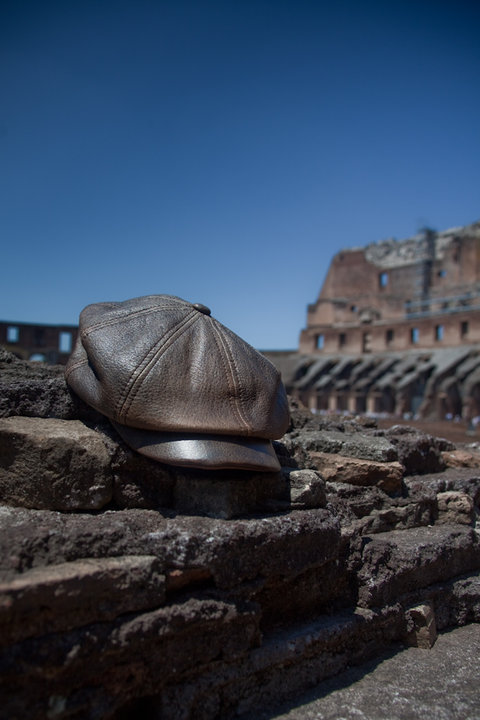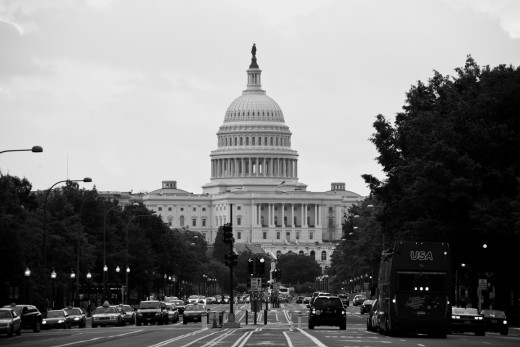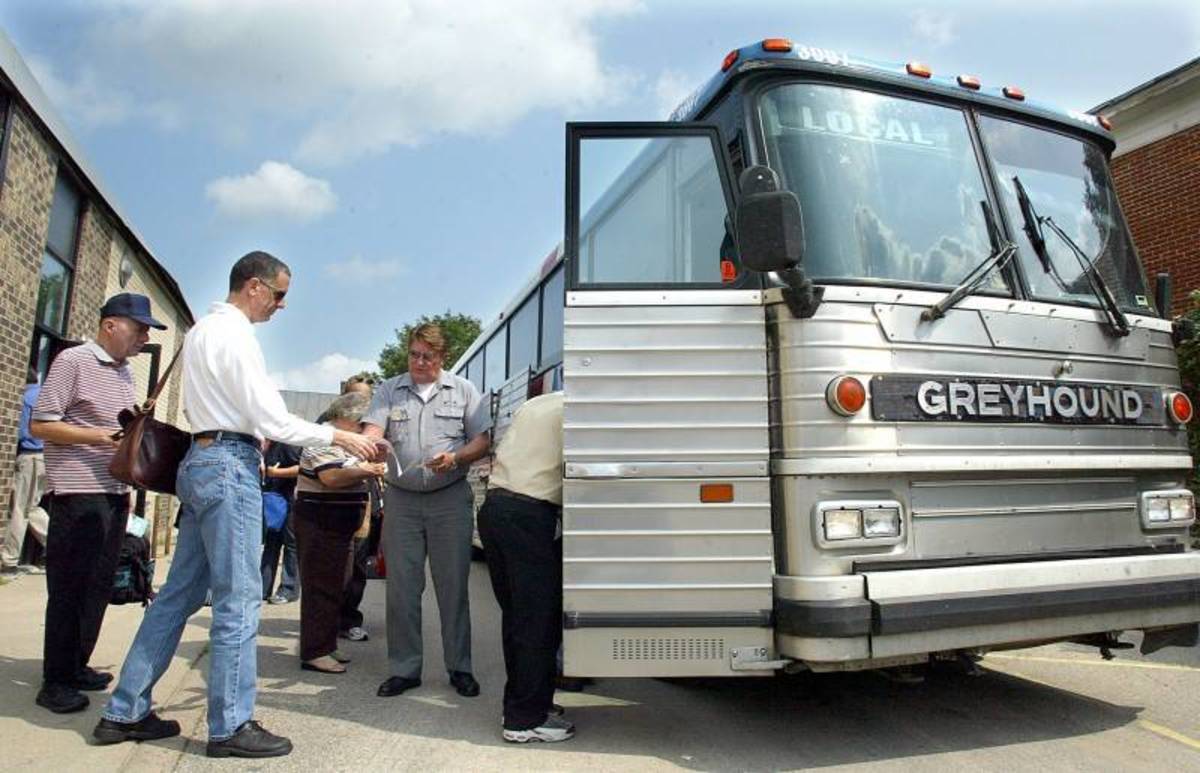Saving money for world travel: Cut expenses and simplify your life to afford your dream trip.

I received a comment from Claudia, asking how I finance my humanitarian travel projects. Great to hear from you, Claudia. You have some wonderful hubs.
I travel fairly often. Not always for humanitarian purposes, that is often the kickstarter. However, the advice I can offer from my experiences is applicable to more than just humanitarian travel, and I would like to expand this into general advice that could apply to any trip.
Saving money, ultimately, is the same as changing one's diet for health or weight loss: some sacrifices must be made. For these sacrifices to be both worthwhile and sustainable, you must be closely in touch with your true priorities. If you decide to become the town cheapskate with no other goal than to hoard money "just in case," all you will really accomplishment is the diminishment of your happiness and quality of life.
Have a goal. Choose a destination, choose a time to visit, be absolutely sure that the trip you plan is the one you really want to take. If you try to force a trip into existence when the destination or timing doesn't feel totally right, you stealing money from the trip that you really want to make.
Be objective and be honest with yourself. That is the first step. Once you have decided on the trip you will make and are committed to make necessary lifestyle changes to save money and make your trip a reality, the changes will not feel like "sacrifices" as much as they will feel like constructive steps toward a definite goal.
Rolf Potts on the web.
Books by travel writer Rolf Potts
Trimming the fat.
Travel writer Rolf Potts has written a wonderful book entitled Vagabonding: Mastering the Art of Long-Term Travel, which I highly recommend to anyone considering an extended trip abroad. My philosophies regarding travel run along much the same lines as his, but he expresses them much more clearly (and with added benefit of much greater experience) than me, and I highly recommend reading his material if you want the advice of a true master.
The actual process of saving for travel is very simple. If you are steadily employed and are not entailed into heavy debts, saving for travel can be summed up in a single sentence: trim the fat.
It’s glaringly simple, but we in the US of A enjoy a very rich, very spoiled culture, and we are so used to making unnecessary expenses that we often forget that they are just that: unnecessary.
Shaving off just a few expenditures a week can add as much as an extra several hundred dollars a month staying in the bank instead of being bled out to Starbucks, restaurants and various luxuries. And like I said in the preceding section, it will not feel like a sacrifice if you have a good reason for streamlining your expenses.
Do the math!
I am downright terrible with numbers, (feel free to check with my college algebra teacher if you doubt my word on this point), but it doesn’t take more than three punches on a calculator to see just how much money can be saved if you eliminate just a few minor expenditures from your daily budget.
In this hub, I offer you 6 tips on how to simplify your life, save money and take your dream trip.
1. Make your own coffee.
If you spend $4 on a mixed mocha concoction on your way to work each day, not only are you doing serious damage to your health with all that sugar, you are spending $20 over a five-day work week. That brings the total cost of your coffee consumption to $1,040 a year, which is roughly the price of a plane ticket to Europe, the price of a domestic plane ticket and several nights of hotel accommodations, or the cost of an entire road trip.

2. Stop drinking soda.
If you drink a soda every afternoon, you’re adding $365 to that yearly tally of $1,040 you spend on coffee. You know it’s bad for you anyway, so this is a good way to improve your health as you fatten your wallet.
3. Don't accumulate.
After my most recent trip to India, I felt incredibly convicted about the amount of junk and unworn clothing that I had accumulated. I emptied out my closet and turned out the drawers of my desk. I put back the necessities and a few heirlooms, and the rest was divided between eBay, Goodwill and the trash can. Abandoning mindless accumulation would do the entire country a world of good. Instead of “going shopping,” shop with a purpose. Meet your needs; don’t create them in your own mind. For chronic shopaholics, adopting this principle alone could finance an entire trip within six months.
4. Dine out less.
I follow a restrictive diet for health reasons, so I already prefer to cook for myself, but eating at home is also an extremely effective way of saving money.
The average, sit-down lunch meal costs about $8, dinners range anywhere from $9-$25. To avoid spending money for someone else to make a meal which I can usually prepare better and more cheaply at home, I make a point to restrict my meals eaten out to no more than once or twice a week. I also made the decision some time ago to only spend money at restaurants where I know the food is something so unique and special that I will have zero regrets on the expense. For me, good food is an indulgence which keeps life enjoyable. Saving money is important, but don't sacrifice everything that you enjoy in life.
This can also apply to weekend entertainments. I was impressed by the nighty rituals in rural Tuscany during my first trip to Italy. There were bars and restaurants within walking distance, but I saw families in the countryside gathering around tables in their front gardens, opening a bottle of wine to spend a balmy in each other's company instead of going out to seek out entertainment.
Aside from the material benefit of saving money, consider how much closer you might become to your family and friends if you opt to stay in once and while.
To help you spend eat out less, carve out some time every evening to pack a lunch and snacks for the next day, utilizing food which is already factored in to your weekly grocery budget. This also gives you more control of the nutrition of each meal, and that's always a plus.
5. Memberships, subscriptions, etcetera...
Do you really need a gym membership? What about cable television? Do you actually read every magazine to which you have subscribed?
Memberships generally range from $30-$100 a month, but if you aren’t getting your money’s worth out of one membership or another, you might as well end it and bank the money. The content of most magazines can be usually be found online for free, video streaming services like hulu offer most television shows for free; and unless you are a serious athlete, it is my personal opinion that the benefits of gyms are oversold.

6. Lower your standards.
What? Lower my standards? That’s the last thing I want to do!
Allow me to elaborate. In a preceding section, I said that citizens of the United States enjoy “a very rich, very spoiled culture.” As such, even when we are abroad, we carry with us very definite ideas of what a hotel should be like, what items we need to pack and which creature comforts are prerequisites for enjoying a trip.
By advising you to lower your standards, I am not implying that you should not have any.
I am suggesting that you minimize your expenses in order to maximize your experience.
The biggest single chunk of the money spent on a trip will usually be on the airfare. Following that unavoidable expense, ask yourself an honest question:
What do you really need from a hotel? Is it necessary to shell out $150+ a night for a hotel with a restaurant and spa?
Unless you plan on spending your trip inside the four walls of your hotel room, there is no necessity to pay for any privilege beyond a secure place to sleep and rest your bags.
Here is another example for my own experience traveling in Italy, this from my first excursion to Rome. My purposes for visiting Rome did not require a hotel suite overlooking the Colosseum. Not being a movie star, I had neither the wardrobe nor the money to even try to style my trip as a remake of Roman Holiday, so I went to the other extreme.
Through HostelWorld.com, I booked a less-than-budget-priced room at the Hotel Mari 2, right down the street from the main train station. It was in what would be termed the immigrant district, surrounded by Chinese restaurants and Mediterranean kebab joints. The check-in office was in one apartment building, the rooms themselves were one door down. I had to walk up four flights of stairs to get to my room. Like I said, it was a very cheap stay.
But the room itself was huge with a clean bathroom. Furthermore, the hotel was family-owned, and I was both expected and greeted by name when I arrived. In the following days, when I went to the office to use their Wi-Fi to email home or make a Skype call, I had fun conversations with the manager.
By not drinking the kool-aid of what advertisements commonly sell to travelers as "necessary" elements of a good trip (amenities like spas and postcard views are ultimately meaningless when all you do in a hotel room is sleep and bathe), I saved several hundred dollars, met some wonderful people and had the best Chinese food of my life at the restaurant across the street.
Traveling for Humanitarian Purposes
Before wrapping up, I want to quickly look at the options available to those who travel for humanitarian reasons.
Traveling with an organized charity or ministry is actually quite freeing, because in those cases the logistics are managed for the group as whole instead of each member having to do their own planning. My own trips with Net India Ministries are a good example of this. My involvement prior to the trip is a simple matter of my paying the money to cover my expenses. The arrangements are made by a group of people whom I know and trust.
If you are working with a Christian group, as I do, then the costs for your trip will often be helped by donations. I seek out donations through my church and the kindness of friends and family. I also increase the possibility of donations from interested third parties by placing a donation link on my blog and web site every time I prepare for a new trip. If you are involved in a project with which others can sympathize, people are usually more than happy to assist in making it happen.
Summing It All Up
In closing, I ask you to recall my original point that any steps taken to save money for travel must begin with solid commitment to the idea of the trip before you begin the execution of saving for it. You must be so excited and focused on your goal that re-prioritizing and simplifying your life to afford it is not an inconvenient process, but an exciting one.
You are more than capable of accomplishing anything that you passionately believe in, whether it be a pleasure cruise in the Mediterranean or a humanitarian trip to Sumatra.
Never forget that.
Learn from the experts on making your travel plans a reality.
- Travel writing with Rolf Potts
Travel writer and author of "Vagabonding." - The Professional Hobo
The adventures of a girl with no fixed address. - Chris Guillebeau | The Art of Non-Conformity
Don't settle for ordinary. - The Blog of Author Tim Ferriss
Experiments in lifestyle design. - Steven Gray - Writer and Photographer
Source of all images in this hub.
Get inspired with some pics of some of my favorite places.











